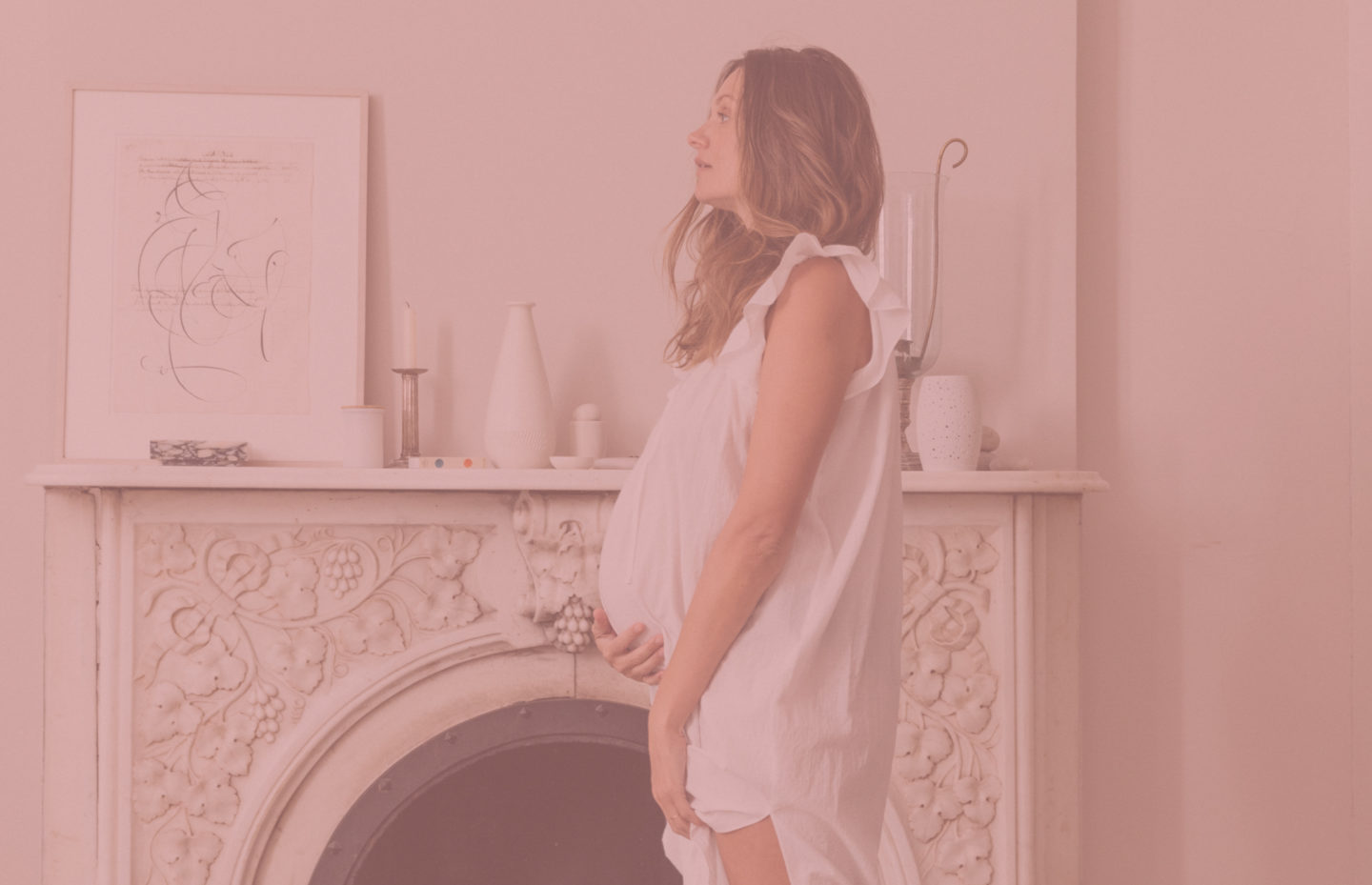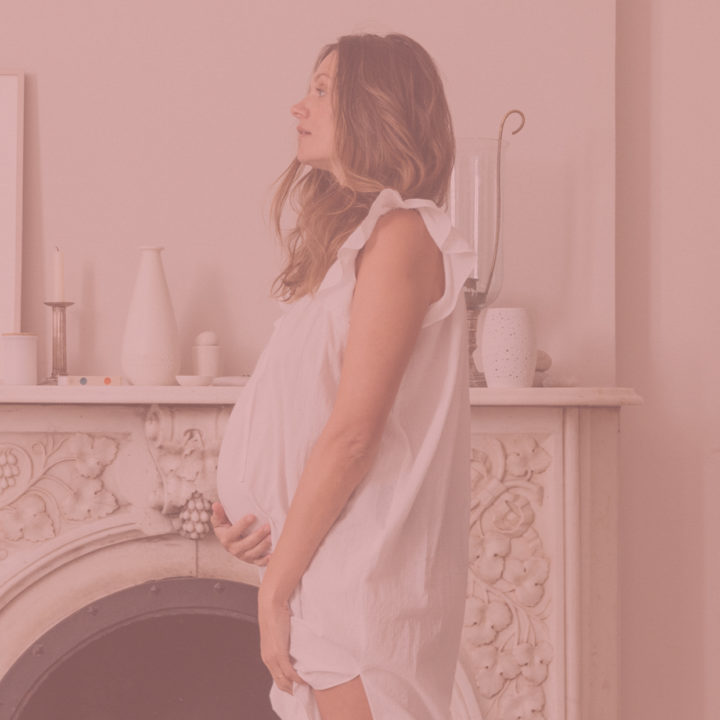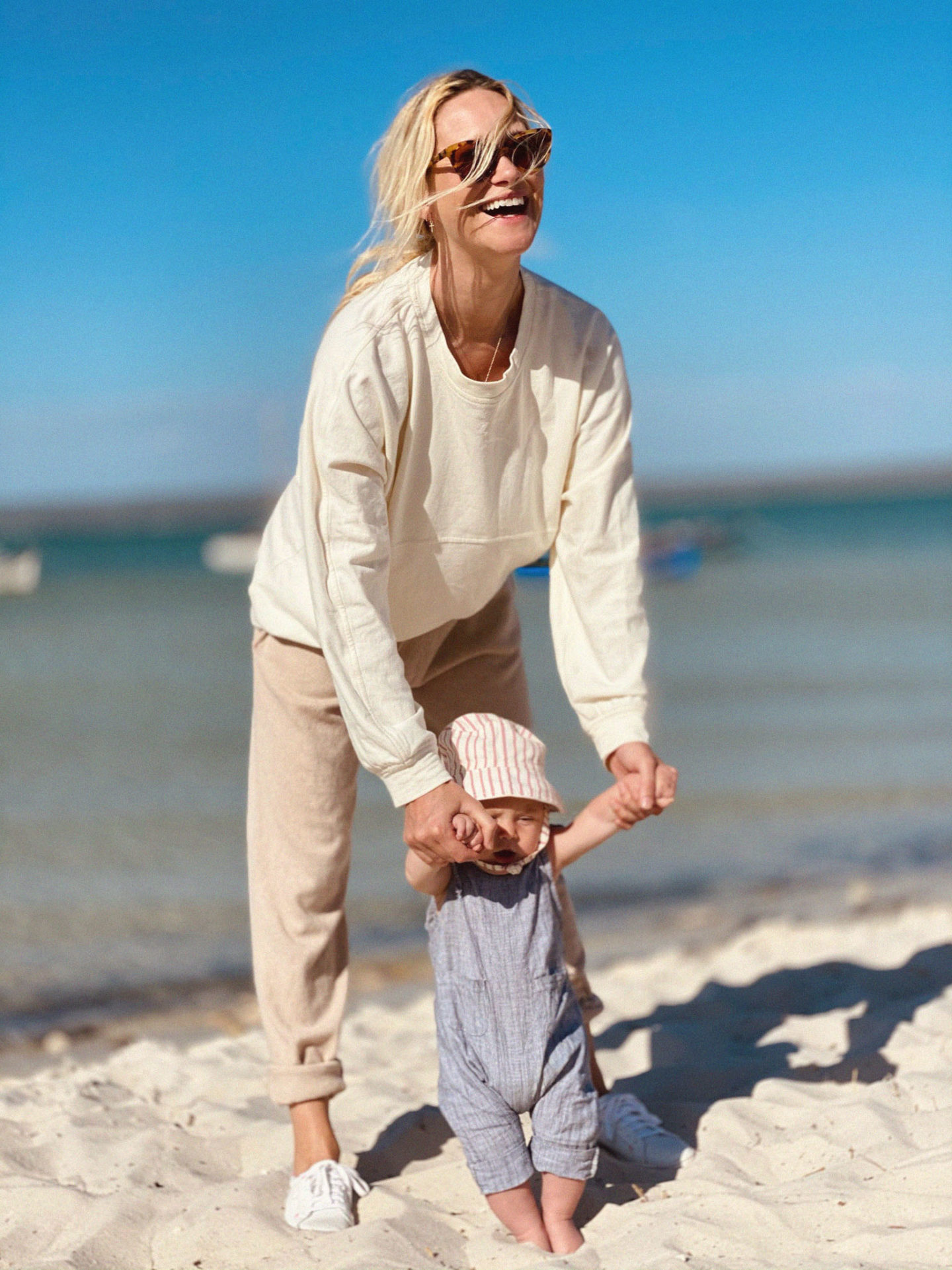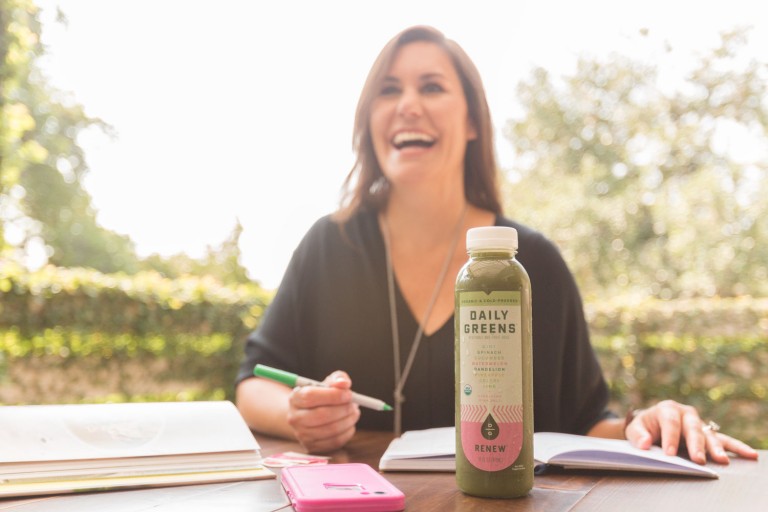We’ve tapped into our Healthcare Advisory Board to share common questions and answers as it relates to pregnancy and birth with COVID-19.
MEET OUR BOARD
Sam Huggins, Full-Spectrum Doula + Co-founder of Carriage House Birth
Lauren Zielinski, Certified Nurse Midwife & Birthing Specialist
Kim Jones, Perinatal Mental Health Specialist & Associate Clinical Director, The Center for Postpartum Family Health
Dr. Aviva Romm, MD, midwife + herbalist
LaShanda Dandrich, Board Certified Lactation Consultant (IBCLC)
GENERAL QUESTIONS
Where can I gather the most accurate information about COVID-19?
“While we encourage you to stay abreast for your safety and the safety of those around you, please consider limiting your intake of COVID related information directly. This would be a great time to call in a friend or family member who wants to help and let them filter and then break down whatever it is that is applicable to you into bite size pieces.
For the most accurate info that hasn’t been sensationalized by big headlines –
Center For Disease Control General (CDC) or the World Health Organization. Please also check your local department of health for your region’s specific content.”
– Samantha Huggins, Full-Spectrum Doula
Can Covid-19 be transmitted in Utero?
“According to studies to date, pregnant mamas do not pass COVID-19 to their babies in utero. Babies born to moms with COVID-19 have not tested positive for the virus at birth, and there has been no detectable COVID-19 in the amniotic fluid nor the umbilical cord blood of these newborns. There’s also no evidence that a mama can infect her baby during labor. However, newborns can develop COVID-19, and while few serious cases of infection have been reported worldwide, it’s important to remain aware of possible risks, stay vigilant to signs of distress or COVID-19 infection in newborns, and do our best to prevent baby’s exposure to infection where possible.”
— Dr. Aviva Romm, MD, midwife + herbalist
How can I set boundaries with friends and family about visiting while we are practicing social distancing?
“Let people know ahead of time your expectations and wishes for visitors. While most hospitals are currently limiting visitors, people may want to come visit once you are home. It’s okay to let people know that you would like to wait to have visitors. Discuss your expectations with your partner ahead of time and let your partner know if you would like them to help in letting others know what your needs and limits are postpartum.”
— Kim Jones, LPC, LMFT, Perinatal Mental Health Specialist
What are the effects of COVID-19 if contracted during pregnancy?
While having answers and facts may be what you’re looking for and put your mind and heart at ease – globally – we have very little research and scientific understanding about the effects of COVID-19 on pregnant people and unborn children. From a number of case reports taken from China it does not seem likely that if you contract COVID-19 it can be vertically transmitted (passed to baby through your body) before baby is born.
This is good news. There were a few cases of babies in China who acquired COVID-19 shortly after birth, however it is unclear if these babies became sick with coronavirus before, during or after birth. It’s important to know that the majority of babies did not become sick – just because a mom was sick. There have been 2 infant deaths reported from Coronavirus in the United States, there is very little information available about these cases. Rest assured though that overall, the rate of serious complications, the chance of a baby contracting COVID-19 and death in infants is rare from what we know so far.
— Lauren Zielinski, Certified Nurse Midwife & Birthing Specialist
Should I still be going to my prenatal visits? Is it safe?
“Despite these hard times – it is still important to attend prenatal care to ensure the health and wellbeing of your pregnancy and unborn babe. DO wear a mask to your visits. Most offices are now offering a reduced prenatal care schedule as recommended by the World Health Organization and tele-health visits (video chat visits). The reduced schedule is the bare minimum needed for healthy pregnancies and should absolutely suffice for most healthy – uncomplicated people. If you have more risk factors than normal you should ask to discuss a plan for you on a case by case basis with your midwife or OB-GYN. The typically offered reduced prenatal visit schedule typically looks like:
- 12 week visit
- 20 week visit
- 28 week visit
- 32 week visit
- 36 week visit
- Weekly visits after 36 weeks until birth
Visits in between these in person visits may be offered as tele-health visits. If you have the resources to do so and know you will be receiving prenatal care it won’t hurt to purchase:
- Automatic blood pressure cuff
- Learn how to take your own pulse
- Weigh yourself before every tele-health visit
- A doppler to listen to baby’s heart rate (optional – these are expensive)”
— Lauren Zielinski, Certified Nurse Midwife & Birthing Specialist
“It’s definitely important to keep up with prenatal care, though for most visits if you’re otherwise healthy, telemedicine is going to be the model for most appointments. However, even if you’re low risk, a few in-person appointments will be needed for basic blood work and some physical check-ins, and if you want or require them, ultrasounds. I recommend consolidating visits to a limited number of in-person appointments, without skipping any of the essentials that help identify possible problems, while maintaining enough digital connection to help you feel truly supported and have your questions answered. For example, you can combine an early prenatal visit with your prenatal labs, and if you’re planning to have an early ultrasound, get that done at the same time. You may be able to have your prenatal labs drawn at home, including your NIPT/NIPS if you’re having that done. If you’re choosing to have an anatomy scan (which is usually done between 18 and 20 weeks gestation), you can combine this with other routine prenatal visit concerns in person. Before you go into the office for any exams, ask them what precautions the office is following for prevention, and also, if you are otherwise healthy and low risk, if you should do a telemedicine check-in and postpone your scheduled visit for a couple of weeks right now. If you are high-risk, it’s likely you’ll need to keep your appointment, but do call ahead to see how the office will be protecting your health.”
— Dr. Aviva Romm, MD, midwife + herbalist
Can I go outside?
The fact is that no one knows if pregnant people are more susceptible to COVID-19 specifically, but there is some historical evidence that may suggest otherwise. At this time, pregnant folks should follow the same rules as everyone else and stay home unless you have to. If you do go outside, wear the same protections that everyone else is using including masks, gloves, etc. You do not need N95’s to go get gas or pick up the groceries, those should be reserved for healthcare workers and people who are immunocompromised. As for walks, go for it, with a mask! And try to do it at times of day when there are less people around.
From the CDC: We do not have information from published scientific reports about susceptibility of pregnant women to COVID-19. Pregnant women experience immunologic and physiologic changes which might make them more susceptible to viral respiratory infections, including COVID-19. Pregnant women also might be at risk for severe illness, morbidity, or mortality compared to the general population as observed in cases of other related coronavirus infections [including severe acute respiratory syndrome coronavirus (SARS-CoV)* and Middle East respiratory syndrome coronavirus (MERS-CoV)] and other viral respiratory infections, such as influenza, during pregnancy. Pregnant women should engage in usual preventive actions to avoid infection like washing hands often and avoiding people who are sick.
– Samantha Huggins, Full-Spectrum Doula
DELIVERY
How do I find out what the protocols are at my hospital for when I go to deliver my baby?
“Protocols are definitely on everyone’s mind. And it’s a good idea to start having candid conversations with your care provider in those last weeks of pregnancy about how to prepare. Ultimately, the answers are changing daily still and so we still recommend you asking your medical team or call patient services at your hospital for an update if you spontaneously go into labor or the day before if you are planning an induction or c-birth.”
– Samantha Huggins, Full-Spectrum Doula
Will my partner or doula be able to join me for the birth? How can I prepare for this change in my hopes and plans for birth?
“Check with your provider on this one, first. At this time, most hospitals and birth centers are allowing one support person to be present during the birth. Some women are choosing to use video conferencing software to communicate with other support persons during labor. ACOG provides a simple and to the point list of recommendations for partners on how to be supportive during birth. This may be a helpful cheat sheet to share with partners that were planning on leaning on the expertise of a doula or other support person. Your hospital may also provide online classes to help in preparing for birth, such as these from Texas Children’s Hospital. Taking classes can be a great way to help women and their partners to know what to expect and how to prepare for birth and postpartum.”
— Kim Jones, LPC, LMFT, Perinatal Mental Health Specialist
Is there anything special I should pack for the hospital?
“PLEASE bring your own PPE if you have it. The doctors, midwives and nurses will be forever grateful. Please also bring your own clorox wipes to wipe down the handles and surfaces in your room, plastic ziploc bags for your street clothes and shoes, and an extension cord if you plan to stay connected to your doula, friends or family via a device during your hospital stay! Assume that items like pillows and blankets that you bring you to a birth should be left behind.”
– Samantha Huggins, Full-Spectrum Doula
Should I just have a home birth?
“Well, this is NEVER a light decision even when we are not in a pandemic. If you already believed that home birth was a safe and reasonable option for giving birth, you could be a candidate as long as you, your pregnancy and your baby are healthy and you live in a safe space to give birth. Again, different communities are responding in different ways. Please reach out to your local midwives to find out if this is an option for you.”
– Samantha Huggins, Full-Spectrum Doula
Are there any public voices that I should really be listening to right now in the birth community?
“We are LOVING Aviva Romm. She has been providing such sage and powerful wisdoms throughout COVID 19 through her unique lens as an OB, former midwife and herbalist.”
– Samantha Huggins, Full-Spectrum Doula
If I become infected with COVID-19 – will I need a cesarean section?
No. There is no recommendation that birth by c-section is safer or recommended in the case of patients who test positive for COVID-19. Attempting vaginal birth for every pregnancy (without the presence of other medical complications preventing vaginal delivery) continues to be the recommended form of birth for most mothers – coronavirus times or not.
— Lauren Zielinski, Certified Nurse Midwife & Birthing Specialist
SELF-CARE
What herbs can I take to support my immune system?
“During pregnancy, I always recommend mamas take a prenatal vitamin with folic acid (400 to 800 mcg, preferably in the form of methylfolate) daily, as well as fish oil for essential fatty acids important for baby’s brain health, and I recommend continuing to do so now. While there are no herbs or supplements at this time that are known to prevent or treat COVID-19, the amount of zinc and other nutrients in your prenatal vitamin should provide the core nutrients that will help support your immunity during this time. While there’s no harm in taking up to 30 mg zinc daily or up to 2000 mg of vitamin C daily, loading up on these during pregnancy is not recommended. Small studies have suggested that taking a daily probiotic could help prevent colds; of course, that’s not the same as COVID-19, and the evidence is weak – but it’s not harmful to take a probiotic in pregnancy. Adequate Vitamin D levels, which can safely be achieved in most pregnant women by taking 2000 iu of Vitamin D3 daily, may also help support healthy immunity.
Herbal medicines including ginger and echinacea are considered safe during pregnancy, and have been found to support immunity. Teas such as chamomile, lemon balm, and ginger can help with aches and pains, as well as some digestive symptoms.”
— Dr. Aviva Romm, MD, midwife + herbalist
What are some things I can do right now to take care of myself?
Connect with others: Stay connected with others DAILY using whatever platform works best.
Get outside safely: If you are able and it feels safe to do so, try to get outside for at least a few minutes each day, keeping your safe distance of course! Sunshine and change of environment can help keep spirits up during this challenging time.
Move your body: If you are cleared for physical activity by your physician or midwife, try to get at least 10 minutes of movement each day. Just a little movement can be helpful and feel refreshing. There are a ton of great resources online for workouts. Just remember to listen to your body and go at a pace that feels energizing and refreshing, not painful or too tiring. For now, you may not have the same amount of energy for workouts as you did in the past, and that’s ok.
Monitor your intake of news and social media: Some information can certainly be helpful to stay safe and prepared. Too much scrolling can contribute to anxiety and unhelpful worry. Notice how you are feeling as you read news and scroll social media, and use your emotional state as information to limit social media and news intake as needed.
The Center for Postpartum Family Health offers a simple checklist for staying on top of self-care https://cpfh.org/checklists/.
— Kim Jones, LPC, LMFT, Perinatal Mental Health Specialist
LACTATION
Can I breastfeed if I am COVID-19 positive?
“At this time, there is no evidence that would indicate that COVID is transmitted through breastmilk. But each hospital has its own policy in place, and you may have preferences as well about how to deal with a COVID positive result. You can read more about it here and speak with your midwife or doctor and pediatrician about what they are seeing and doing.”
– Samantha Huggins, Full-Spectrum Doula
“Breastfeeding is still absolutely best for baby, even if mom has COVID-19, with rare exception of severe infection making a new mom to sick to breastfeed. While infection is not spread through breastmilk, an infected mom can transmit the virus through respiratory droplets during the period of breastfeeding, so if you have confirmed COVID-19 or you’re symptomatic, it’s essential to take all possible precautions to avoid spreading the virus to baby. This can be done by washing your hands before touching your baby and wearing a face mask while you’re feeding your baby. If you‘re pumping, wash your hands before touching any pump or bottle parts and follow recommendations for proper pump cleaning after each use. Also, if you’re well now and are able to pump, I recommend ‘stockpiling’ some breastmilk in the freezer, so that if you do get COVID-19 while breastfeeding, feel exhausted, or want to distance yourself from baby for your own peace of mind, then you have milk on hand for someone to feed baby from a bottle.”
— Dr. Aviva Romm, MD, midwife + herbalist
Should I cancel my first visit with my pediatrician and move to all telemedicine?
“Keep your visits with the pediatrician 2-3 days after discharge and the 2 week visit. Many pediatricians are forgoing the 2 week visit and just doing a tele-visit but I recommend keeping it to get the weight check so we can be sure that the baby is gaining weight well.”
–LaShanda Dandrich, Board Certified Lactation Consultant (IBCLC)
I’m having trouble nursing and am not sure what to do in this environment. What do I do?
“I worked together with HATCH on a blog post about debunking common nursing myths that covers everything from soreness to supply, so start there and practice patience. You can do this together as a team, with the right rest, relaxation, guidance and support. If you’re really struggling, I encourage all new families to continue to reach out for virtual help from lactation consultants and doulas!”
–LaShanda Dandrich, Board Certified Lactation Consultant (IBCLC)
POSTPARTUM MENTAL HEALTH
What if I am freaking out? Are their specific mental health resources that deal with pregnancy and postpartum people alongside anxiety and/or depression.
“One thousand percent YES! Again, people experience these feelings even when it’s just a regular old Sunday. Please reach out to Postpartum Support International (they take care of pregnant people too) and The Motherhood Center They are both offering virtual support and resources. If you are working with a doula right now, they can also help you find a therapist who deals specifically with the perinatal experience. If you are having feelings that feel dangerous or scary, please call NSPL as they offer 24/7 support.”
– Samantha Huggins, Full-Spectrum Doula
How can I plan for support?
“I usually recommend that moms think ahead of time who their support people will be for the weeks and months following birth. Who will provide emotional support and adult conversation? Who will help provide meals? Think about these people ahead of time and let people know your hopes and expectations. When people offer to help, take them up on it! Even if you are an amazing independent woman, motherhood requires us to practice interdependence on a level that we may not be used to and may feel uncomfortable. NOW is the time to accept, ask for, or even demand help, if needed. Letting people know what you need ahead of time may look like:
“I may need a phone call every day just to check-in, can you be available for that?”
“It would be really helpful to set up a Meal Train to help us have meals delivered after the baby comes. Can you help with that?”
— Kim Jones, LPC, LMFT, Perinatal Mental Health Specialist
If I am feeling overwhelmed or am concerned about my own or my partner’s mental health, what can I do?
“Many counselors and therapists are offering online therapy, especially now. Postpartum Support International can be a great resource in finding local providers, and also offers free online support groups and many other wonderful resources. Please know that you are not alone, and help is available! With help, you will get through this”
— Kim Jones, LPC, LMFT, Perinatal Mental Health Specialist
How will this change my postpartum period?
Unfortunately new mamas – you should be in the process of letting go of the visions you had of being surrounded by your new babes grandparents, aunts, uncles and best friends at home as soon as you get home from the hospital or even within weeks after… This is heartbreaking for most parents and understandably so. New children often bring families together – in the case of coronavirus – that togetherness will need to be put on hold when it comes to in person meetings. The very safest thing to do in this time is to limit the number of people visiting you to essentially no one outside of those who live with you – until social distancing measures are lifted. Of course its your babe and your bod so you have the ultimate decision – but most providers and organizations are recommending this social isolation measure for your safety and protection.
— Lauren Zielinski, Certified Nurse Midwife & Birthing Specialist




